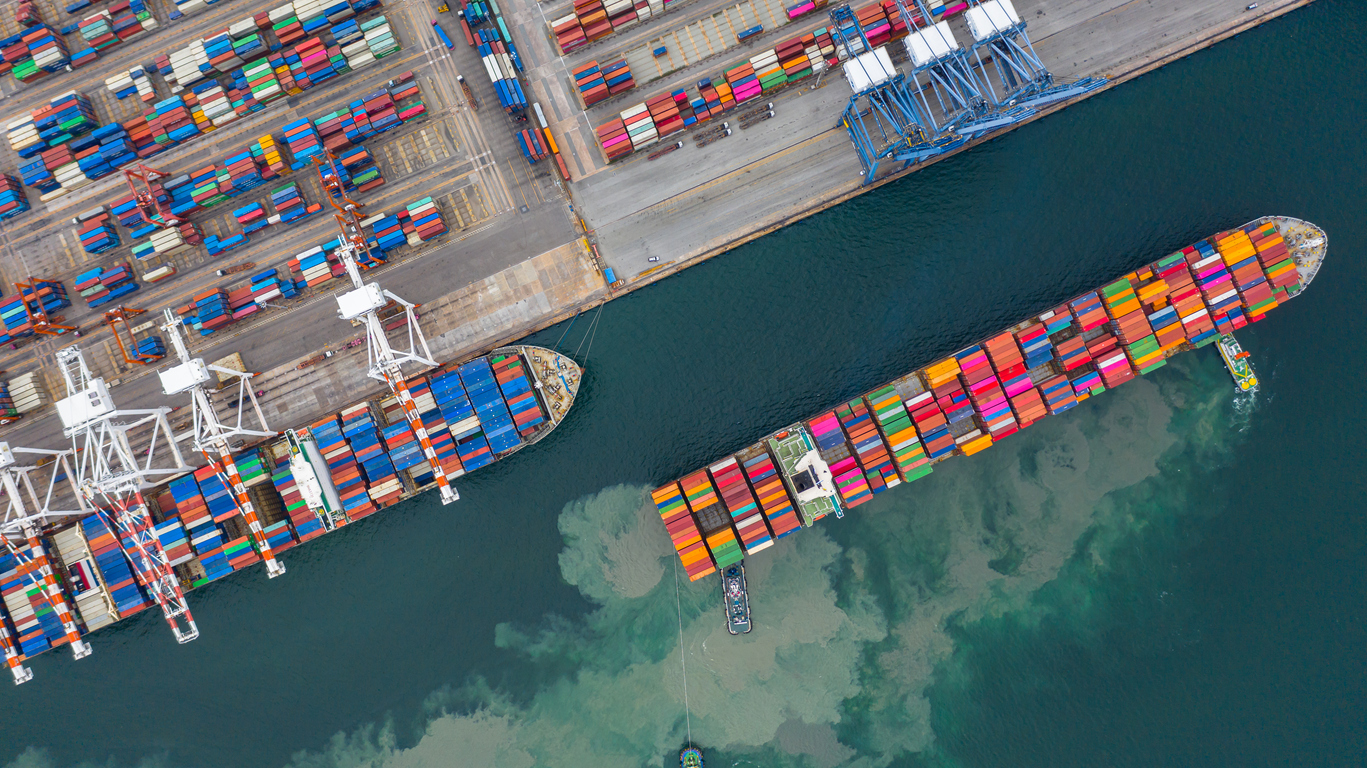Understanding Deadweight Tonnage (DWT): Key Concepts in Maritime Shipping
Deadweight Tonnage (DWT) is a critical measure in the maritime industry, representing the total weight a ship can safely carry, including cargo, fuel, provisions, and crew. Understanding DWT is essential for shipping companies, port operators, and maritime professionals as it directly impacts the efficiency and profitability of maritime operations. This article explains what Deadweight Tonnage is, how it is calculated, and its importance in the shipping industry.
What is Deadweight Tonnage (DWT)?
Deadweight Tonnage (DWT) is the maximum weight that a ship can carry without compromising safety. It includes the weight of the cargo, fuel, fresh water, ballast water, provisions, passengers, and crew. DWT is measured in metric tons (each equal to 1,000 kilograms) and does not account for the weight of the ship itself (the hull, machinery, and equipment).
Key Components of DWT:
- Cargo: The primary payload of the vessel, including bulk goods, containers, or any other materials transported.
- Fuel: The fuel required for the ship’s journey.
- Fresh Water: Water needed for the crew and other onboard uses.
- Ballast Water: Water taken onboard to maintain stability and balance when the ship is not fully loaded.
- Provisions: Food, medical supplies, and other essentials for the crew and passengers.
- Crew and Passengers: The weight of all individuals onboard.
How is Deadweight Tonnage Calculated?
Deadweight Tonnage is calculated by subtracting the ship’s lightweight (the weight of the empty ship) from its fully loaded displacement (the total weight of the ship when fully loaded).
DWT Calculation Formula:
DWT=Displacement (fully loaded)−Lightweight\text{DWT} = \text{Displacement (fully loaded)} – \text{Lightweight}
- Displacement (fully loaded): The total weight of the ship when it is fully loaded with cargo, fuel, and other supplies.
- Lightweight: The weight of the ship itself without any cargo, fuel, provisions, or crew.
Importance of Deadweight Tonnage in Maritime Shipping
1. Cargo Capacity and Efficiency
- Maximizing Cargo Loads: DWT helps shipping companies determine the maximum amount of cargo a vessel can carry, optimizing load efficiency and ensuring that the ship is not overloaded, which could lead to safety issues.
- Voyage Planning: Accurate DWT calculations are crucial for voyage planning, as they influence the amount of cargo that can be carried on specific routes, taking into account fuel needs and other factors.
2. Safety and Compliance
- Regulatory Compliance: International maritime regulations, such as those enforced by the International Maritime Organization (IMO), require ships to adhere to DWT limits to ensure safe operation. Exceeding DWT can compromise the vessel’s stability and seaworthiness.
- Preventing Overloading: Knowing the DWT helps prevent overloading, which could lead to structural damage, increased fuel consumption, and even catastrophic accidents at sea.
3. Commercial and Operational Considerations
- Cost Efficiency: By optimizing the use of DWT, shipping companies can maximize revenue from each voyage by carrying as much cargo as possible without exceeding safety limits.
- Chartering and Contracts: In the chartering market, DWT is a key factor in determining the rates and conditions of shipping contracts. Vessels with higher DWT are often more in demand for transporting large quantities of cargo.
Applications of DWT in Maritime Operations
1. Bulk Carriers
- Transport of Raw Materials: Bulk carriers, which transport commodities like coal, grain, and iron ore, rely heavily on DWT to maximize their cargo loads while ensuring safe operation.
- Efficiency in Bulk Transport: The ability to carry large quantities of goods in a single voyage makes DWT a critical measure for bulk carriers.
2. Tankers
- Liquid Cargo Transport: Tankers transporting oil, gas, and chemicals must carefully manage their DWT to ensure they carry maximum loads without exceeding safety limits, especially on long transoceanic voyages.
- Ballast Water Management: Tankers use ballast water to maintain stability when not fully loaded, making DWT calculations essential for balancing cargo and ballast.
3. Container Ships
- Container Capacity: For container ships, DWT determines how many containers can be safely transported, considering both the weight of the containers and the contents within them.
- Port Operations: Accurate DWT measurements are important for port operations, ensuring that cranes and other equipment are adequately prepared for loading and unloading.
Conclusion
Deadweight Tonnage (DWT) is a fundamental measure in maritime shipping, influencing everything from cargo capacity to safety and operational efficiency. Understanding DWT helps shipping companies optimize their operations, comply with regulations, and maximize profitability.
At Wigmore Trading, we provide insights and solutions to help maritime professionals navigate the complexities of the shipping industry. Contact us today to learn more about how we can support your maritime operations.
Get in Touch:
Need expert advice on maritime operations? Contact Wigmore Trading for comprehensive solutions tailored to your shipping needs. Visit our website, email, or call us to learn more about how we can assist you.







Comments are closed.